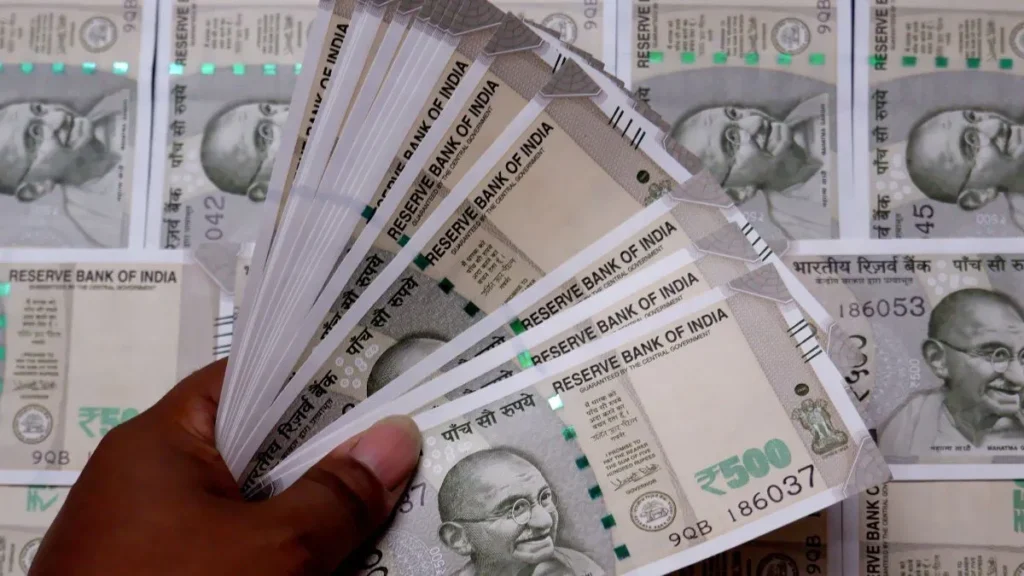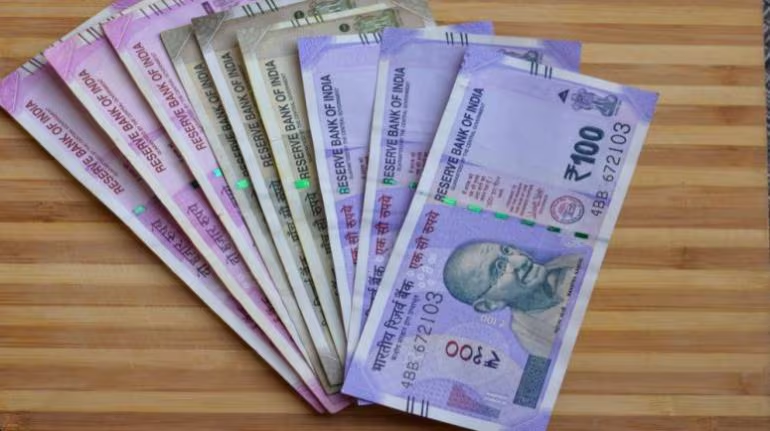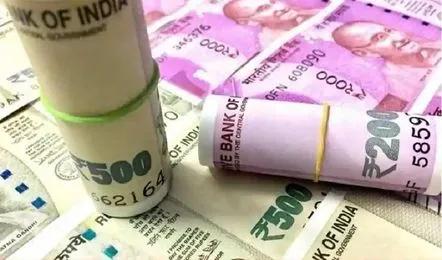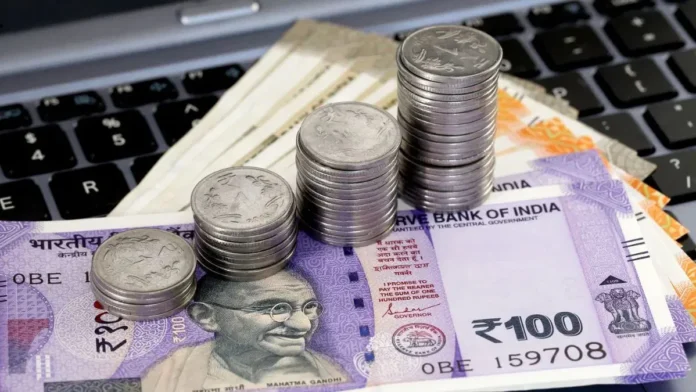In a major development for the central government employees, the 8th Pay Commission has been officially announced, paving the way for substantial salary hikes across various government departments. As the nation looks forward to the implementation of this new pay structure, the news has sparked excitement, curiosity, and optimism among millions of central workers. The expected reforms are not just about higher salaries, but also about improving overall working conditions, addressing inflation, and ensuring the well-being of employees.
What is the 8th Pay Commission?
The Pay Commission is a body set up by the Indian government to review and recommend changes to the salary, allowances, and pension structure for central government employees. The 8th Pay Commission is the latest in a series of commissions that have been established every ten years since 1947. These commissions ensure that government employees’ compensation remains fair and reflective of the country’s economic status, inflation rates, and evolving job demands.

The 7th Pay Commission, which was implemented in 2016, brought significant changes, but the 8th Pay Commission is expected to take it a step further by addressing the issues of growing inflation and the evolving economic landscape.
Salary Boost Expected: What the 8th Pay Commission Means for Employees
One of the most anticipated outcomes of the 8th Pay Commission is the substantial salary hike for central government employees. While the exact figures are still under review, experts suggest that workers can expect an increase of up to 35-40% in their basic pay. The decision comes as a response to the rising inflation and the increasing cost of living in urban areas.
Central government employees, who include teachers, healthcare professionals, defense personnel, and administrative officers, are likely to see their basic salaries rise significantly. This boost is expected to help them manage the financial pressures caused by soaring prices of essential goods and services, including housing, education, and healthcare. For many, the pay hike could provide much-needed relief.
Key Benefits: More than Just Pay Raises
While salary hikes are the most talked-about benefit, the 8th Pay Commission is also expected to bring several other benefits that will positively impact the lives of central workers.

1. Enhanced Allowances:
The allowances paid to government employees are also expected to undergo a significant revision. This includes allowances such as the Dearness Allowance (DA), House Rent Allowance (HRA), and Travel Allowance. These allowances are typically calculated based on the employee’s basic salary and are meant to compensate for the high cost of living in urban areas. Given the rising inflation, a considerable increase in DA is expected, which will provide additional financial relief to government workers.
2. Improvement in Pension Scheme:
The pension scheme for retired employees is also expected to be overhauled under the 8th Pay Commission. The proposed changes include a boost in pension payouts, which will benefit retired employees who have served the nation. This is expected to help elderly pensioners maintain a decent standard of living post-retirement. The pension adjustments will be designed to keep pace with inflation and ensure that retirees are not left behind in an ever-changing economy.

3. Improved Work-Life Balance:
The 8th Pay Commission is also anticipated to bring improvements in the work-life balance for employees. With better compensation, government employees will be able to have more financial freedom, which can help them focus on both their professional and personal lives. Additionally, there are likely to be improvements in leave policies and work conditions, making the overall experience of government employment more satisfying.
Impact on the Indian Economy:
While the 8th Pay Commission will undoubtedly improve the lives of millions of central workers, its impact on the broader economy cannot be overlooked. The increase in salaries and allowances is expected to stimulate consumer demand and boost economic activity, especially in the retail, housing, and healthcare sectors. Central employees, who often form a large portion of the middle class, will now have more disposable income, leading to greater spending in local markets.
Moreover, this salary boost is expected to contribute positively to the country’s tax revenue. As government employees earn more, they are likely to pay more in taxes, which will in turn benefit the government’s revenue collection. This can help fund critical infrastructure projects, social welfare schemes, and other public services.
Potential Challenges and Criticisms
As with any significant pay hike, the 8th Pay Commission is likely to face some challenges and criticisms, particularly from economists and fiscal watchdogs. One of the primary concerns is the cost to the government’s exchequer. The government will need to balance the desire to provide better salaries with its financial constraints. If the salary hikes are too steep, there is a possibility of rising fiscal deficits, which may affect other areas of public spending.
Some critics also argue that while salary hikes for government employees are essential, they may lead to increased income inequality if the private sector does not offer similar hikes. The government may face pressure to ensure that salary increases for public servants do not widen the gap between the public and private sectors, especially in a highly competitive job market.
Political Reactions and Public Opinion
The announcement of the 8th Pay Commission has also led to mixed reactions from political leaders across the country. While ruling party members are likely to view the salary hike as a positive step for workers, opposition leaders are expected to raise questions about the timing and feasibility of such significant increases. Some critics argue that the government should focus more on improving infrastructure, education, and healthcare rather than increasing salaries across the board.
On the other hand, labor unions and central employee organizations have welcomed the decision, calling it a long-overdue move to address the growing financial pressures faced by workers. These unions have been advocating for a pay increase for years, citing inflation and the rising cost of living as reasons for the salary review.
What Lies Ahead for Central Employees?
For the millions of central government employees, the 8th Pay Commission is likely to be a game-changer. Improved salaries, enhanced benefits, and better working conditions will undoubtedly improve the quality of life for workers and their families. But the most significant impact will be the sense of security and dignity that comes with a fair and transparent pay structure.
As the commission’s recommendations begin to take shape and are implemented over the coming months, it is expected to bring about a major transformation in the way government employees are compensated. Whether it’s through higher salaries, improved pension schemes, or better allowances, the 8th Pay Commission is poised to unlock significant benefits that will resonate across India’s workforce and economy.
Conclusion
The announcement of the 8th Pay Commission represents a turning point for central government employees, promising salary hikes, better allowances, and improved pension schemes. This significant overhaul is expected to enhance the living standards of government workers and, by extension, positively impact the Indian economy. However, the implementation of the pay commission’s recommendations will require careful planning and management to ensure that the benefits outweigh the potential challenges. Nonetheless, for now, central workers are eagerly anticipating the positive changes that the 8th Pay Commission will bring to their lives.




